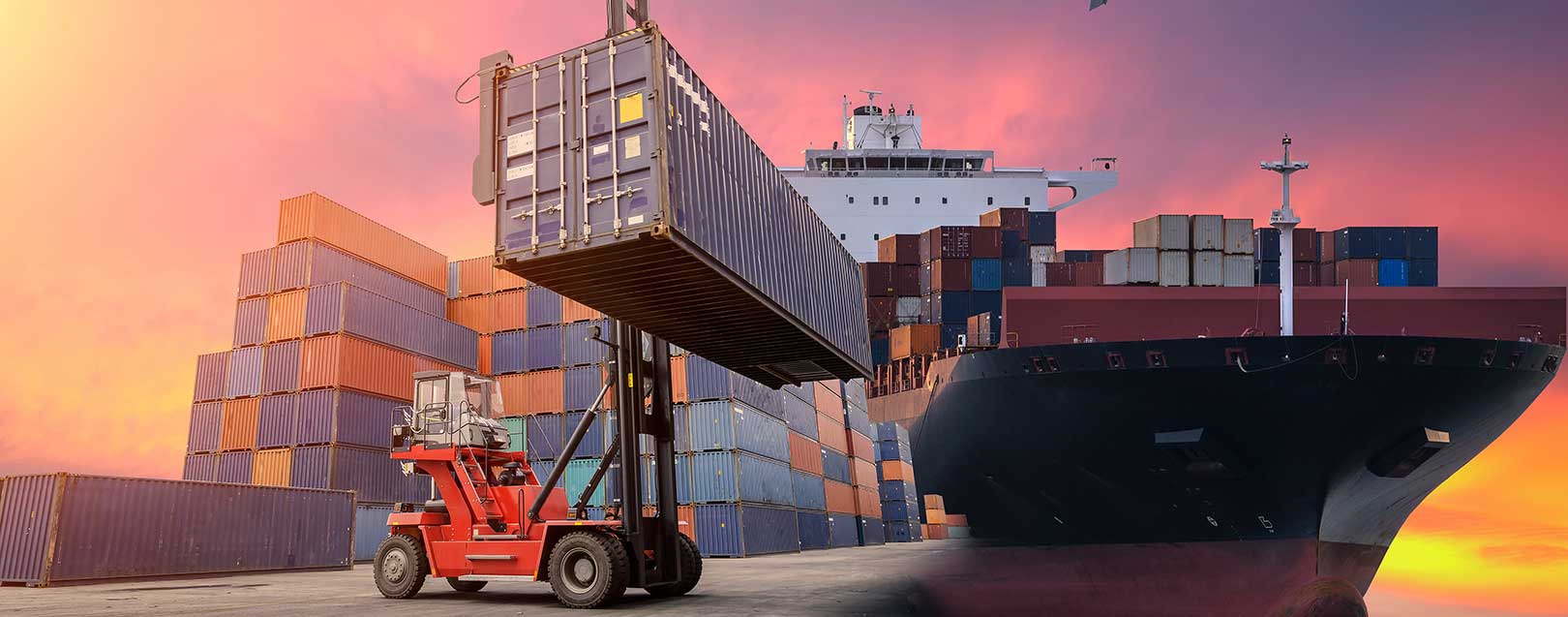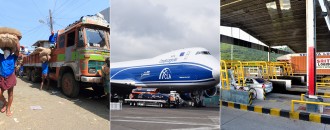
New integrated transport policy to develop multi-modal logistics parks
The Dollar Business Bureau
The government's magnified focus on improving transportation and logistics infrastructure in the country is evident from the increased budgetary allocation to the sector. In Budget 2017, the Finance Minister announced a kitty of Rs. 2.41 lakh crore for transportation related projects. Another fund of Rs. 64,900 crore was earmarked for construction of highways this fiscal, 12% up from last year's allocation. The Metro Rail Act, meant to achieve dual objectives of boosting private participation and providing better urban connectivity was also a much-welcomed step.
The talk about state-of-the-art multi-modal logistics parks is also seen taking shape as the Narendra Modi-led government shares details of another grand scheme in-the-making, intended to enhance connectivity via various modes of transport across the country.
The National Transport Master Plan is a Rs. 10 lakh crore project aimed at completion of about ten multi-modal transport hubs across the breadth of the country. These multi-modal hubs are to house railways stations, metro stations as well as bus stops, all under one single roof.
The Ministries of Road Transport, Shipping, Railways and Aviation are to come together in framing the National Transport Master Plan. Citing 'sustainable development of transport Infrastructure' as the main objective of the plan, a draft note said that the scheme would forecast and address the future demand for transportation.
Officials have further stated that the construction of these multi-modal hubs, the locations of which have not been identified yet, will likely be assigned to the National Highway Authority of India (NHAI).
A recent press release from the Ministry of Road Transport and Highways spoke of a Multi-Modal Logistics and Transport Policy being formulated, with the aim of cutting down transportation costs by almost 50%, making Indian products price competitive.
The announcement of a hub-and-spoke model for transport replacing the traditional point-to-point model, was made at a curtain-raiser event for the India Integrated Transport and Logistics Summit, which is to be held on May 3rd - 5th, 2017.
Apart from reducing congestion, pollution and warehousing costs, the integrated logistics parks would reduce transportation costs by introducing efficient freight transport. The policy, in addition to these 10 multi-modal stations, propounds an ambitious goal of developing 35 multi-modal logistics parks for freight distribution and aggregation.






 to success.
to success.